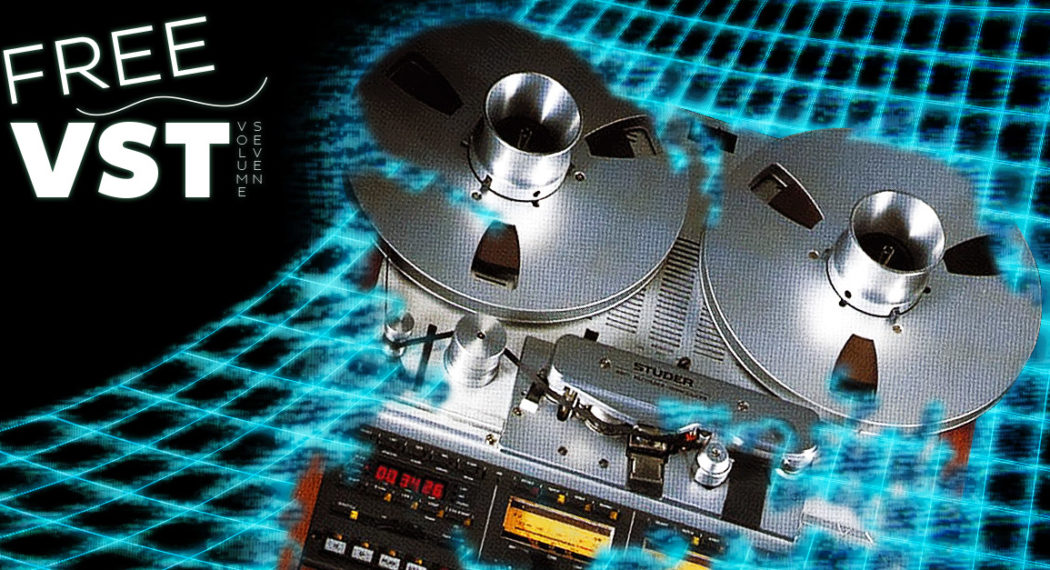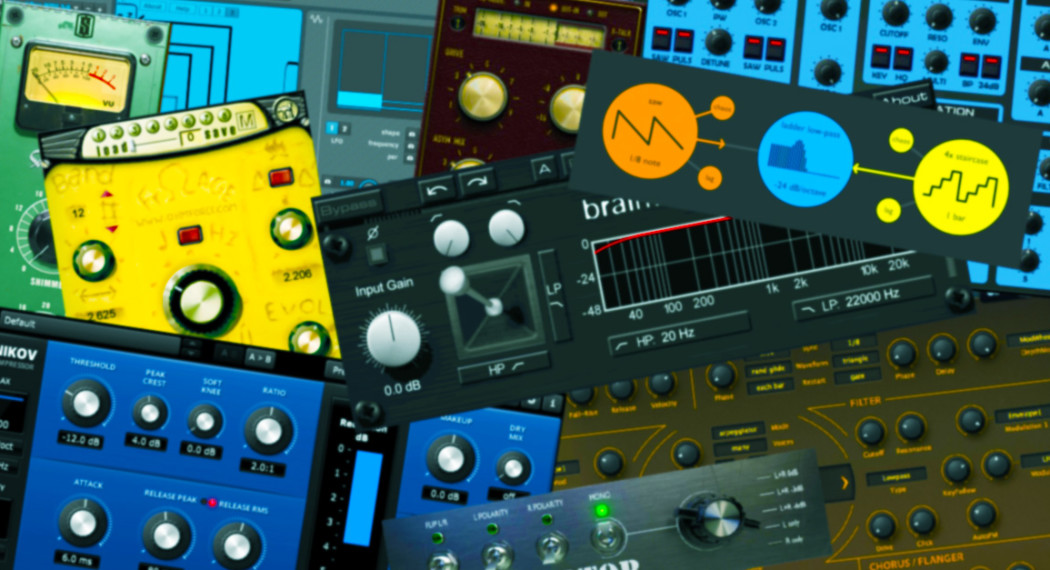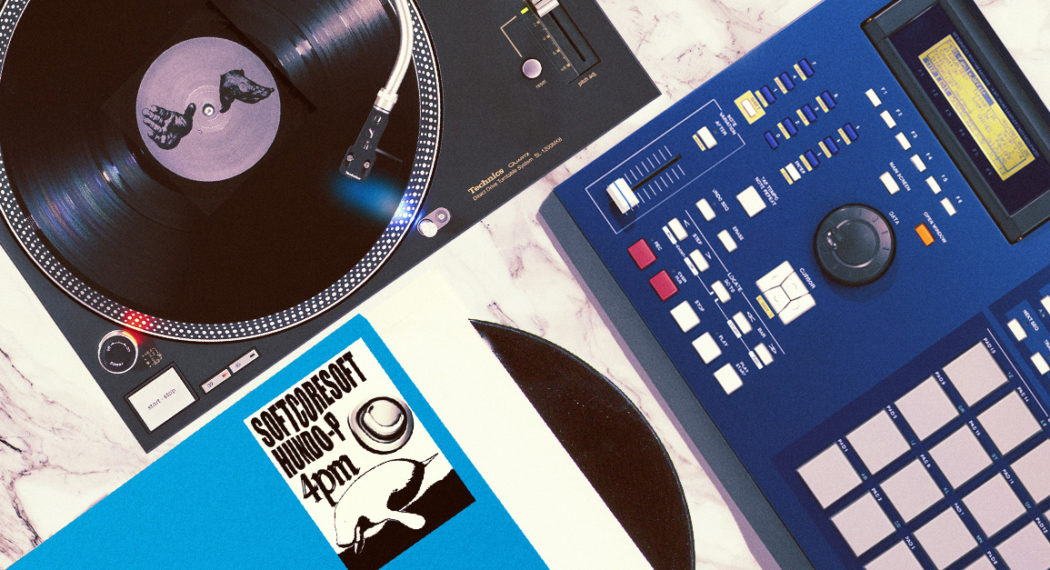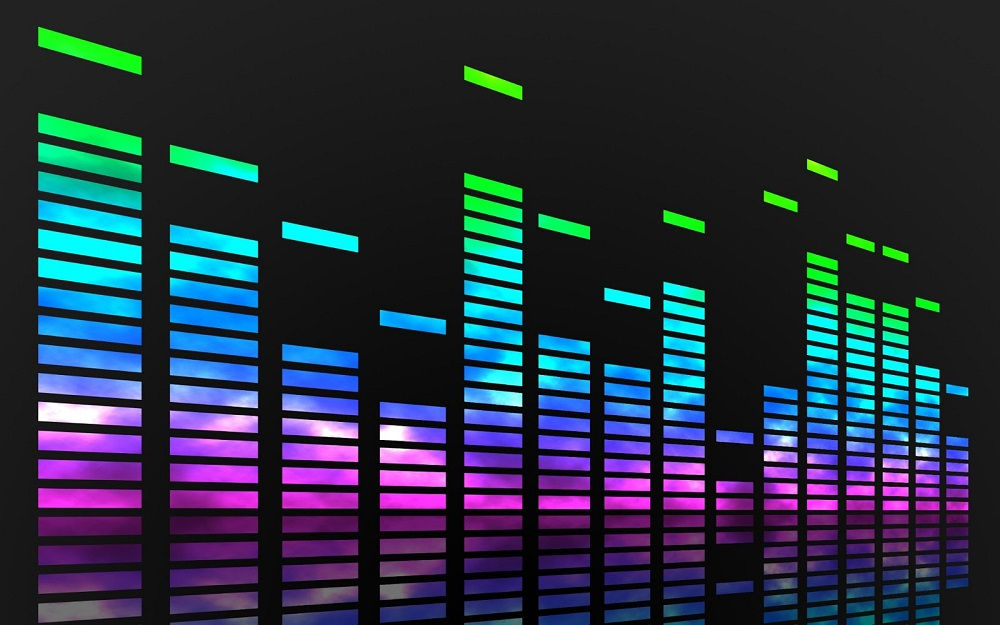Digital music distribution has revolutionized the music industry, giving independent artists the ability to distribute their music worldwide without the need for a record label. As an independent artist, you have plenty of options when it comes to distributing your music. One option that has grown in popularity in recent years is digital music distribution.

With digital music distribution, you can get your music onto major streaming platforms and digital stores, potentially reaching a global audience. However, as with any technology, there are pros and cons to using digital music distribution service.
Pros:
-
Increased Reach: With digital music distribution, your music can be available worldwide on multiple platforms such as Spotify, Apple Music, and YouTube Music, giving you a wider audience than traditional distribution methods.
-
Cost-Effective: Digital music distribution is typically more cost-effective than physical distribution methods, such as pressing CDs or vinyl.
-
Speed: Digital music distribution allows for almost immediate distribution of your music, so you can get your music to your fans faster than traditional methods.
-
Control: As an independent artist, digital music distribution gives you full control over your music, including pricing, release dates, and where it is available.
-
Analytics: Many digital music distribution services provide analytics that give you insight into who is listening to your music, where they are located, and how they are engaging with your music.

Cons:
-
Revenue: Digital music distribution may provide less revenue per stream or download compared to physical distribution methods.
-
Royalties: Digital music distribution services often take a percentage of royalties, which can reduce the amount of revenue an independent artist can earn.
-
Competition: With so many artists using digital music distribution services, it can be difficult to stand out and get your music noticed.
-
Technical Issues: Technical issues, such as glitches or bugs, can occur with digital music distribution services, which can impact the release and distribution of your music.
-
Quality Control: With digital music distribution, there is less control over the quality of the final product, such as the sound quality of the music file or artwork.
In conclusion, music distribution service has many benefits for independent artists, including increased reach, cost-effectiveness, and control. However, it is important to consider the potential drawbacks, such as revenue and royalties, competition, technical issues, and quality control. Ultimately, it is up to each individual artist to weigh the pros and cons and decide if digital music distribution is the right choice for them.












